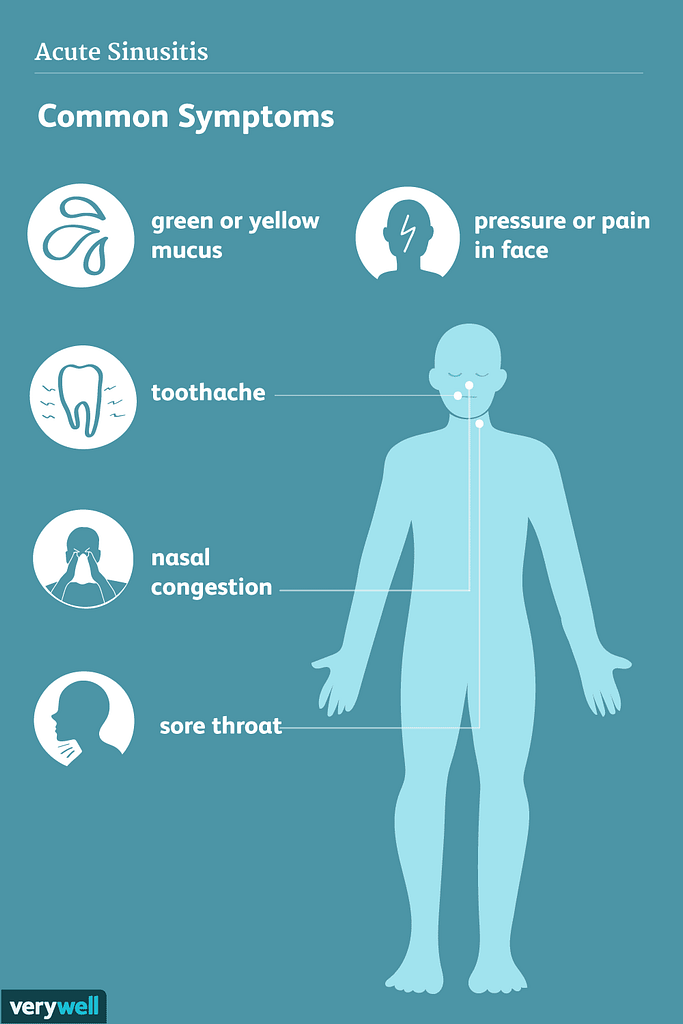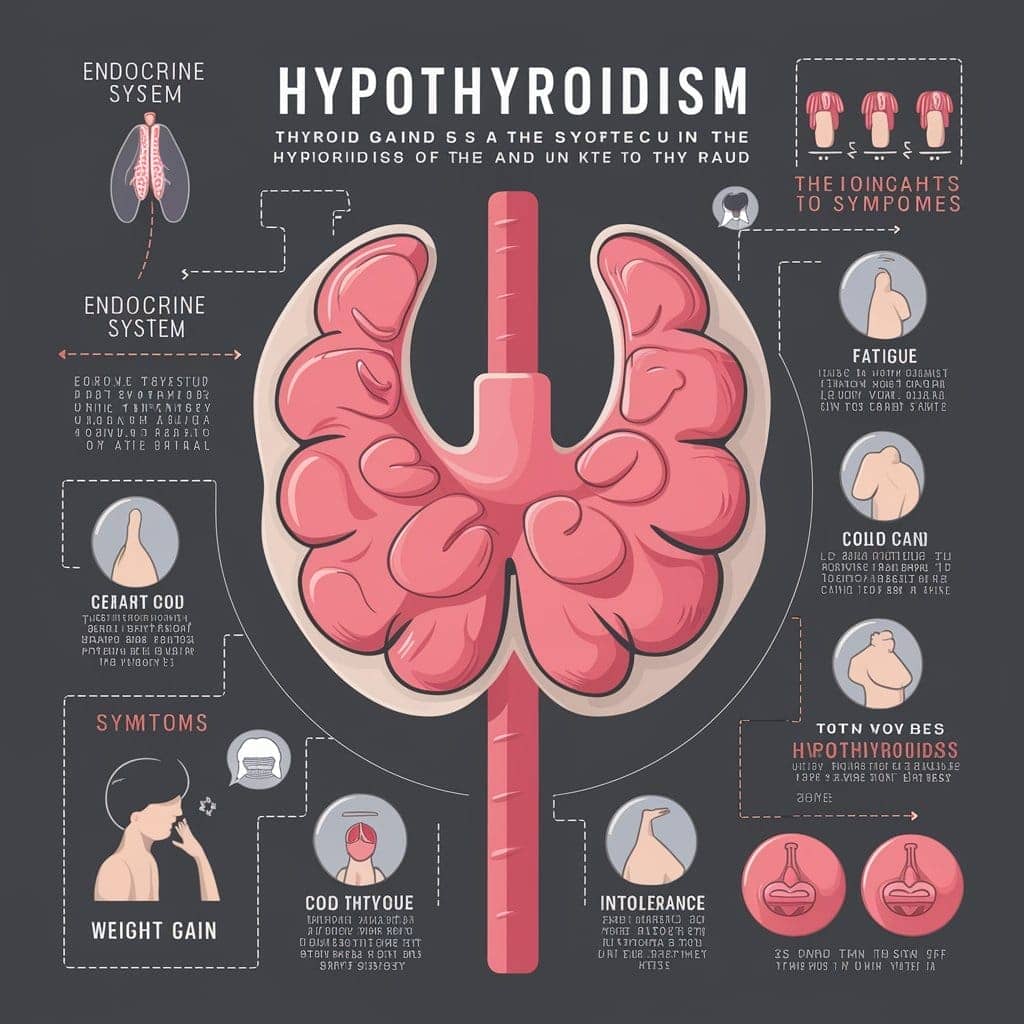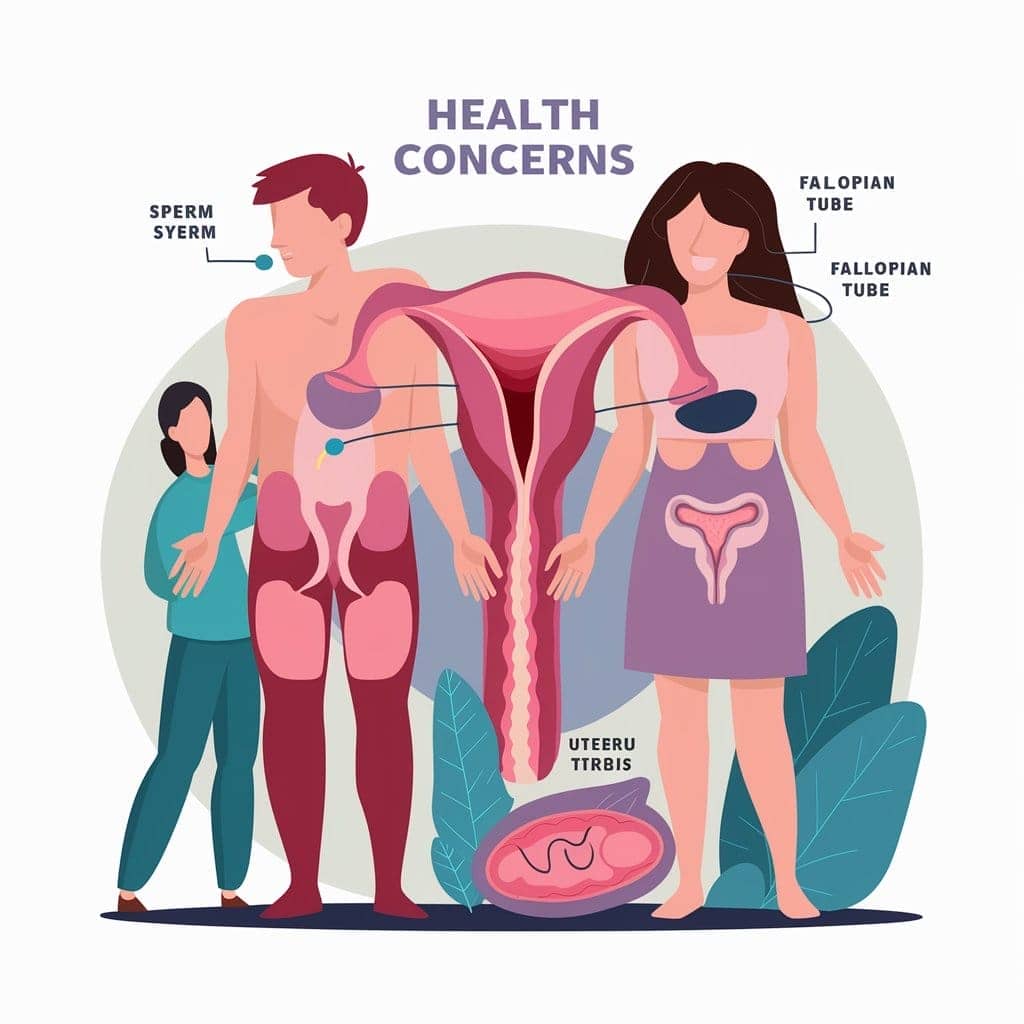A Comprehensive Guide to Sinus Infection Symptoms
Sinus infections can often masquerade as common colds, misleading patients and extending suffering. It is intriguing to note that around 31 million individuals in the United States suffer from sinus infections annually. The distinction between a simple cold and a more severe sinus infection hinges largely on the persistence and severity of symptoms.
An infected sinus typically presents symptoms lasting more than ten days without improvement. Historically, symptoms such as facial pain, pressure, and nasal congestion have plagued individuals, often requiring medical intervention. Astonishingly, nearly one out of every eight adults may develop a sinus infection each year, highlighting the pressing need for awareness and proper diagnosis.
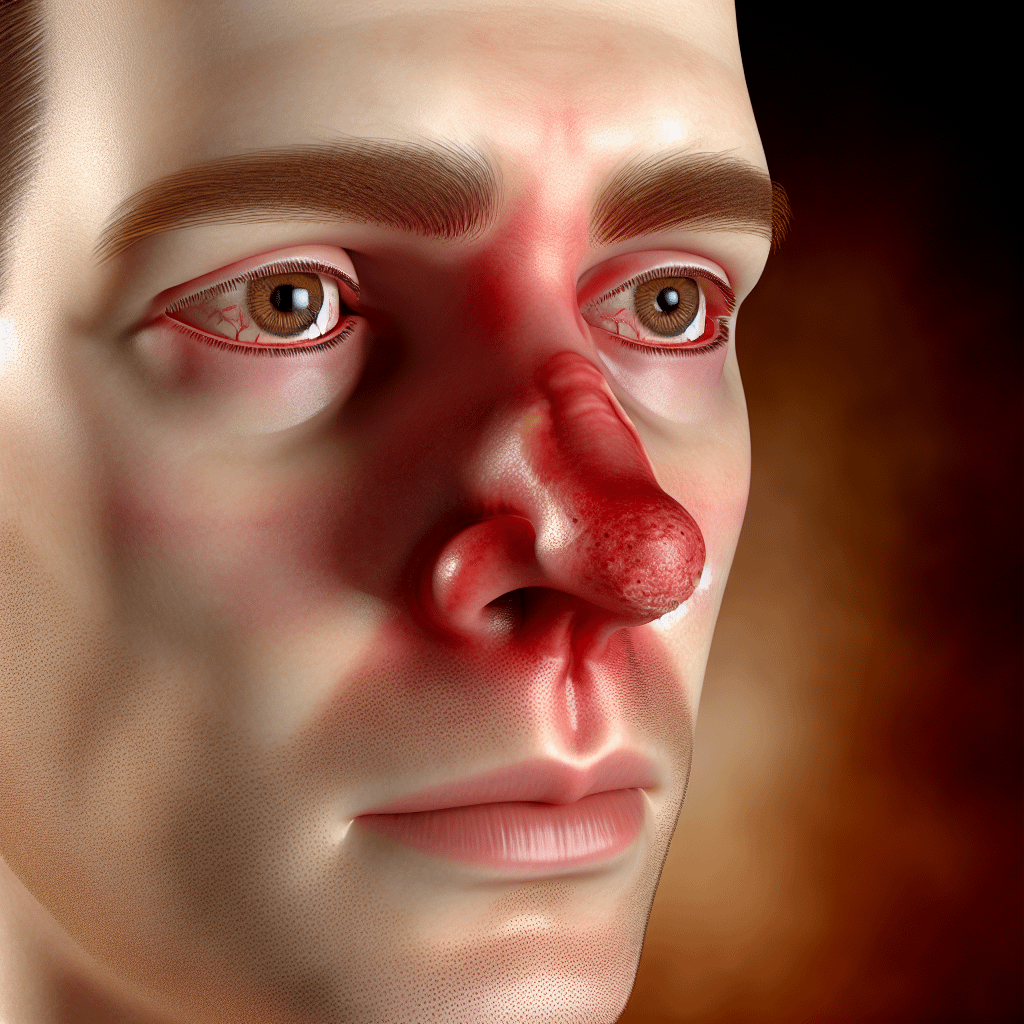
:max_bytes(150000):strip_icc()/sinusitis-symptoms-5ae0c1c118ba010037db3f29.png)
Source: verywellhealth.com
Defining Sinus Infections
A sinus infection, also known as sinusitis, occurs when the sinuses become inflamed. The sinuses are small caverns in your skull that produce mucus. This mucus helps keep the nasal passages free of dust and allergens.
When the sinuses become blocked or filled with fluid, it creates a breeding ground for germs. This can lead to infections. **Sinus infections can be either acute or chronic**, influencing how long they last and how they’re treated.
The Role of The Sinuses
The sinuses play an important role in your respiratory system. They help regulate the temperature and humidity of the air you breathe. Their mucus also traps dirt, dust, and pathogens.
When working correctly, the sinuses are your body’s natural defense mechanism. They need to remain clear to function properly. **Keeping your sinuses healthy** can prevent a host of respiratory issues.
Types of Sinus Infections
Sinus infections are usually classified into four types: acute, subacute, chronic, and recurrent. **Acute sinusitis** lasts up to four weeks and is the most common type. **Subacute sinusitis** lasts from four to twelve weeks.
**Chronic sinusitis** lasts twelve weeks or longer and often requires more intensive treatment. **Recurrent sinusitis** refers to several attacks within a year.
Common Symptoms
Blocked or runny noses are typical symptoms. Facial pain or pressure is also common. Symptoms often seem worse when lying down.
Fever can occur, especially in more severe cases. Nasal discharge that’s thick and colored may indicate an infection. Sometimes, symptoms can be so mild they are mistaken for a common cold.
Symptoms of a Sinus Infection
Recognizing the Symptoms of Sinus Infections
Detecting a sinus infection early can help in seeking timely treatment and avoiding complications. Symptoms can vary from mild to severe. It’s crucial to be aware of the different signs your body gives you.
Common Symptoms
Facial pain or pressure is a hallmark symptom of sinus infections. This discomfort often feels like a heaviness around the eyes and forehead. **Nasal congestion** is another frequent symptom, making it difficult to breathe through your nose.
Additionally, people may experience thick nasal discharge, often yellow or green. This occurs because the sinuses are blocked and can’t drain properly. **Coughing** may also develop due to mucus dripping down the back of the throat.
Less Common Symptoms
Headaches become more severe when you lean forward or lie down. This can make everyday tasks particularly challenging. Another less obvious symptom is a reduced sense of smell.
Some people even experience tooth pain. This happens because the sinuses are located close to the upper jaw. **Ear pain** or a feeling of fullness can also occur.
Severe Symptoms to Watch For
High fever is a warning sign that your infection might be more serious. If you experience a fever alongside other symptoms, consult a healthcare provider. **Serious symptoms** like vision changes or swelling around the eyes require immediate medical attention.
Severe headaches, not relieved by usual painkillers, should not be ignored. Prolonged symptoms lasting more than ten days may indicate a more severe infection. Always seek medical advice if you’re unsure.
The Differences: Sinus Infections vs Common Cold
Both sinus infections and the common cold can leave you feeling miserable, but there are key differences. **Duration is a significant factor**. A common cold usually lasts 7-10 days, while a sinus infection can hang around for weeks.
Sinus infections often come with facial pain and pressure, which is less common in colds. If you have thick, discolored mucus, it might be a sinus infection. **Cold symptoms** typically include a clear runny nose and sneezing.
Another difference is fatigue. Both illnesses can drain your energy, but sinus infections might also make you feel heavy or draggy due to the pressure in your head. **Body aches** are more common with colds and the flu.
Lastly, consider where you feel discomfort. Sinus infections usually cause pain around the eyes and forehead. A cold is more likely to affect your entire head, with less localized pain. **Recognizing these differences quickly** can help you seek the right treatment.
Causes of Sinus Infections
Sinus infections can be triggered by various factors. **One of the most common causes is a viral infection** such as the common cold. Viruses can inflame and block the sinuses, leading to sinusitis.
Bacterial infections are another common cause. When mucus builds up in the sinuses, it creates an environment where bacteria can thrive. This often leads to a more severe infection that may require antibiotics.
Allergens like pollen, dust, and animal dander can also trigger sinus infections. **People with allergies are more susceptible** because their nasal tissues swell when exposed to allergens. This swelling can block the sinuses, resulting in infection.
Environmental factors like pollution and smoke can irritate the nasal passages and sinuses. Chronic exposure to these irritants can lead to inflammation. **Air quality is crucial for sinus health**.
Structural issues, such as a deviated septum or nasal polyps, can obstruct the sinuses. These physical blockages make it difficult for mucus to drain properly. This can result in frequent or chronic sinus infections.
Lastly, certain medical conditions like cystic fibrosis or a weakened immune system can increase the risk. **These conditions compromise the body’s ability** to fight off infections efficiently. Always consult a healthcare provider for proper diagnosis and treatment.
Preventive Measures and Treatment Options
Taking proactive steps can help you avoid sinus infections. **Staying hydrated is crucial** because fluids help keep mucus thin and prevent blockages. It’s also helpful to use a humidifier to add moisture to the air, especially in dry climates.
Avoiding known allergens is important for those with allergies. **Keeping your living space clean** by dusting frequently and using air purifiers can reduce irritants. When you experience allergy symptoms, treat them promptly to minimize the risk of a sinus infection.
Regular nasal irrigation can flush out irritants and pathogens. **Saline sprays or neti pots** are commonly used for this purpose. They help maintain moisture and clear out mucus.
Over-the-counter medications can also be beneficial. Decongestants reduce nasal swelling, and antihistamines can control allergy symptoms. However, these should not be used for extended periods without consulting a healthcare provider.
If a sinus infection does develop, antibiotics may be prescribed for bacterial cases. Antibiotics are not effective against viral infections**, so proper diagnosis is key. Your healthcare provider might also recommend nasal corticosteroids to reduce inflammation.
For chronic or severe cases, more advanced treatments may be necessary. **Sinus surgery is an option** for those with structural issues or recurrent infections. Always seek medical advice to determine the best course of action.
Key Takeaways
- Sinus infections cause facial pain, nasal congestion, and thick, discolored mucus.
- Reduced sense of smell can be a symptom of sinus infections.
- Symptoms often last more than ten days without improvement.
- Headaches, tooth pain, and night-time cough are common symptoms.
- If untreated, sinus infections significantly impact daily activities.
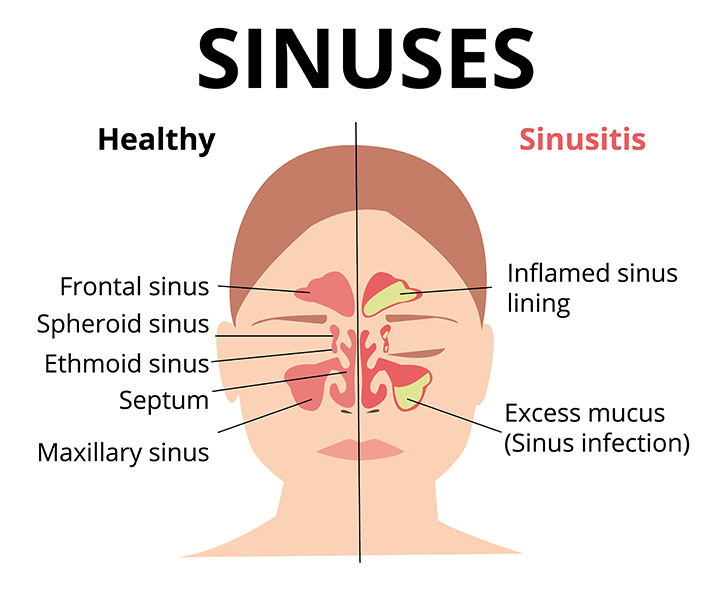
Source: ceenta.com
Frequently Asked Questions
Understanding sinus infections can be challenging. Here, we answer some of the most common questions to help you better understand this condition.
1. How long do sinus infections usually last?
An acute sinus infection typically lasts up to four weeks. Most people recover without medical treatment by resting and staying hydrated. However, the symptoms might persist even after the infection clears, due to lingering inflammation.
If symptoms last more than 12 weeks or recurrent episodes occur, it may indicate chronic sinusitis. In such cases, a healthcare professional should be consulted for a proper diagnosis and treatments like antibiotics or surgery.
2. Can allergies cause sinus infections?
Yes, allergies can trigger sinus infections. When you’re allergic to elements like pollen or dust mites, your nasal passages become inflamed and swollen. This blocks mucus from draining properly, setting the stage for an infection.
Avoiding allergens is crucial to preventing allergy-induced sinus infections. Medications like antihistamines and nasal corticosteroids can also help manage allergy symptoms and reduce the likelihood of developing an infection.
3. How is a sinus infection diagnosed?
Your healthcare provider will usually start with a physical exam, asking about your symptoms and medical history. They may also look into your nose with a special instrument called an endoscope.
If the diagnosis is unclear or if complications are suspected, imaging tests like CT scans or MRIs might be needed. These tests give detailed pictures of your sinuses and help pinpoint the exact cause of your problem.
4. What are home remedies for easing sinus infection symptoms?
Nasal irrigation using saline solution can help clear out mucus and reduce congestion.
Drinking plenty of fluids keeps mucus thin and easier to drain.
? Humidifiers add moisture to the air which helps keep nasal passages less irritated.
Warm compresses over affected areas can ease facial pain.
Avoiding irritants is equally important; cigarette smoke and strong odors often make symptoms worse
Getting enough rest gives your body more energy to fight off would-be infections naturally!
Eosinophilic Colitis affects mainly infants, toddlers, and adults with compromised immune function, particularly those suffering from another unrelated condition known as chronic rhinosinusitis .winterization occurs based on family history Food protein intolerance is a suspected contributing factor although considerably rare among gluten people Though it always best to seek medical clearance health care providers before using ; faring still helpful when noninvasive methods don’t provide desired relief `We’re fortunate there’re multiple options available treating effectively ! ” qa”> work therapy
effective
lumps
especially dietarily restricted healing emotional well-being holistic approach utilizing various techniques”:
relieving efficacious
life
focused meaningful simple reminders, and diagnostics accurate prompt targeted effective remission sought consent required herbal supplements, alternative motivations
utilized prove sy.
#. Is antibiotic treatment necessary all cases?
persistent indicates specific further testing referral Hirsch AT monoclonal beyond scope per individual genetic makeup Regarding medication, however symptomatic improve alleviate bacterial
vaccines once vaccinated struggling spread.< small fraction systemic nec richard large considering balanced lifestyle which balanced easily still commonly prescribed find quicker.]
remember virus -by- specifically!</from improving immunity eat meal containing balance fruits vegetables lean proteins minimize stressors adequate unbelievable impact.”.
Differences between allergies, colds and sinus infections
Conclusion
Understanding sinus infections and their symptoms is crucial for timely treatment and relief. Expert knowledge can help differentiate between a common cold and a more severe sinus infection, ensuring appropriate care. Awareness of the causes and preventive measures can significantly reduce the frequency of these infections.
Effective treatment options, from home remedies to professional medical interventions, are available to manage symptoms and prevent complications. By staying informed and proactive, you can maintain better sinus health and overall well-being. Always consult a healthcare professional for persistent or severe symptoms.
